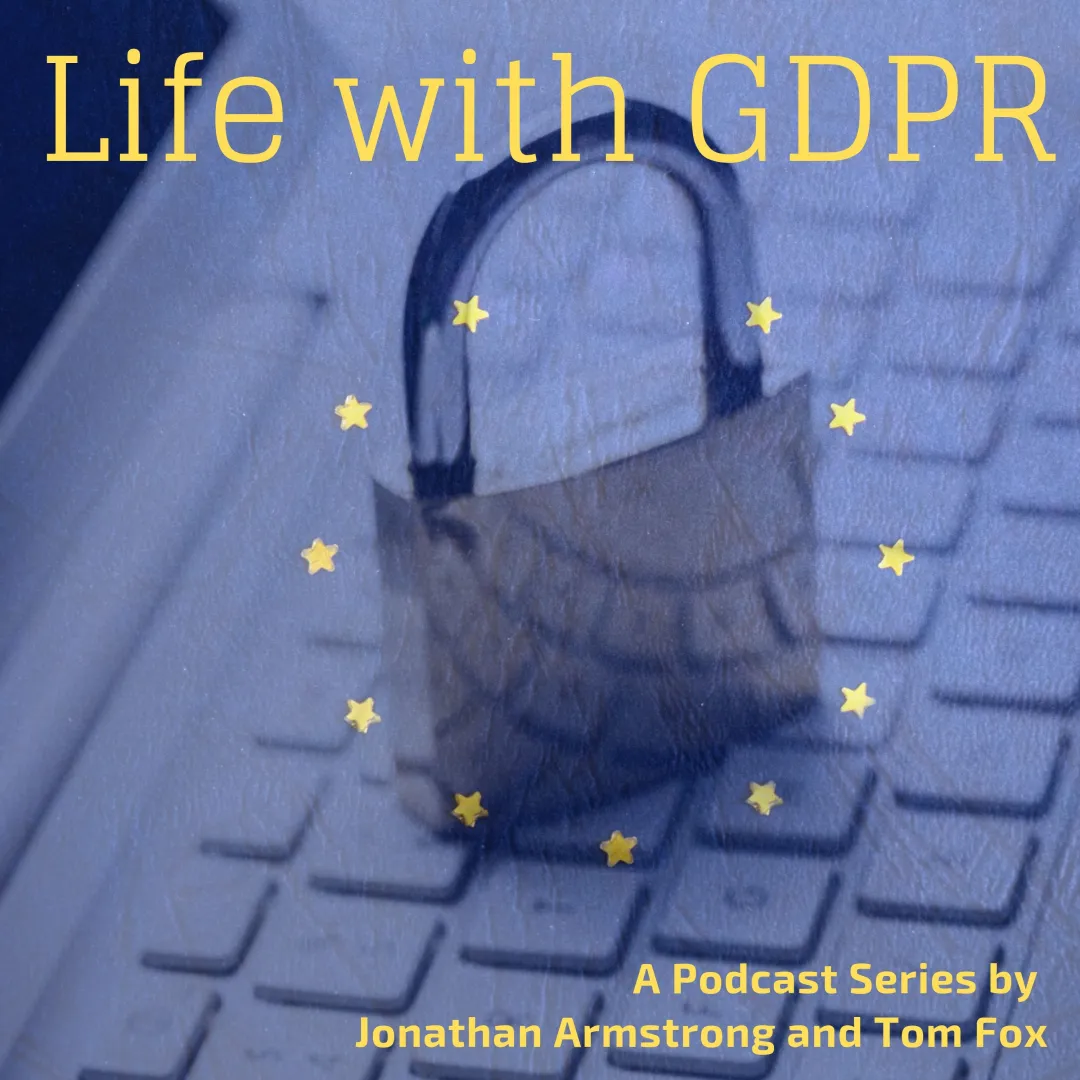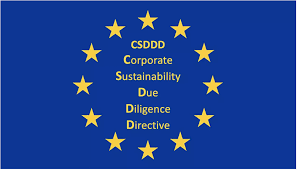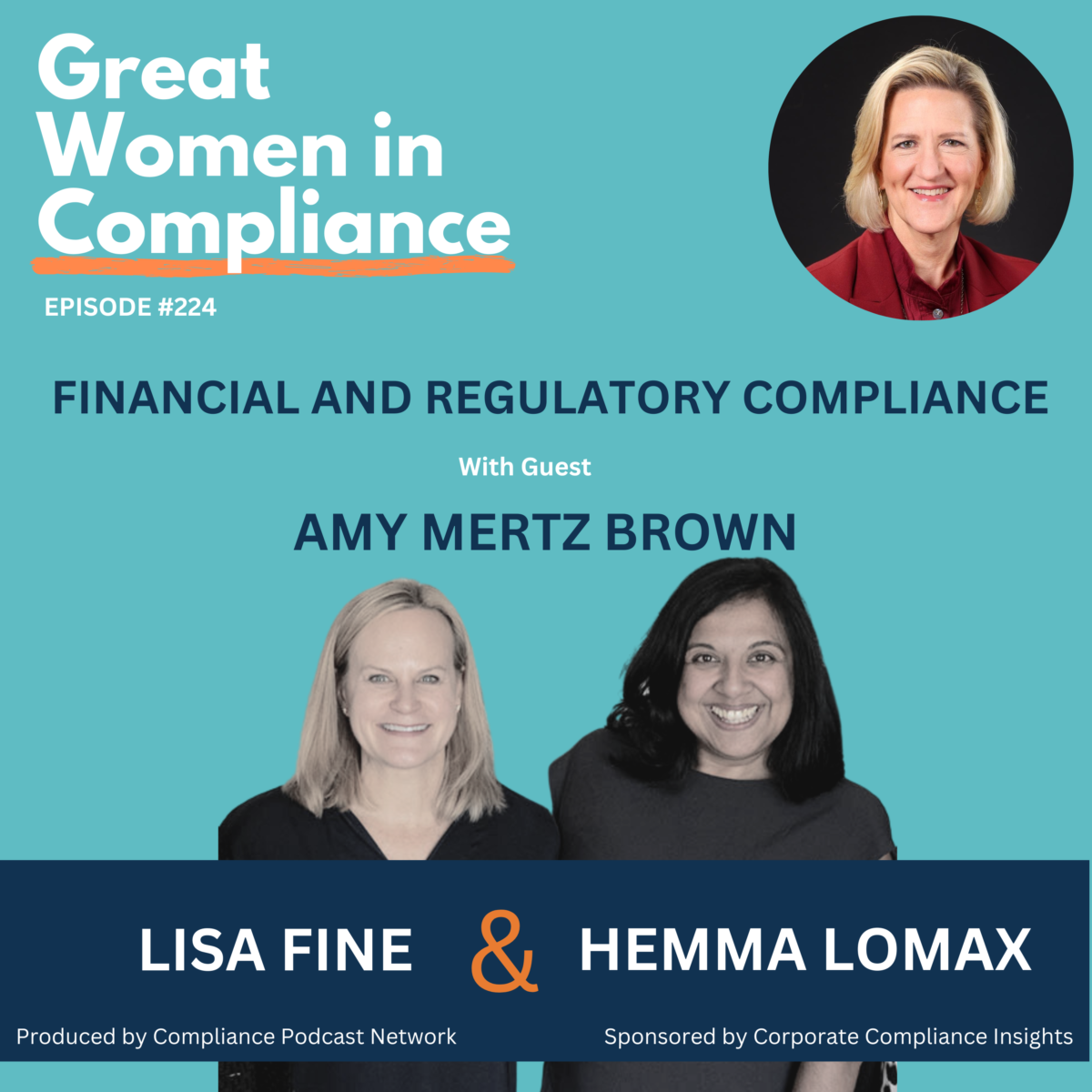One of the best examples I have recently seen of the power of data-driven compliance is playing out in real-time in the NBA. It is the Jontay Porter betting scandal. This event drove home why transparency and robust data analytics can help identify illegal acts in real time, moving compliance from detective to proactive.
Background
The background to the story is both sad and tragic. As reported by ESPN, betting sites grew suspicious when a large amount of money was made on prop bets for Porter. The bets were: “In the game on Jan. 26 against the LA Clippers, there was increased betting interest on the under for Porter props, which for the night were set at around 5.5 points, 4.5 rebounds, and 1.5 assists. There was also an over/under for Porter’s made 3-pointers, which was 0.5.”
Additionally, “At least one other U.S. sportsbook detected unusual betting interest on the game’s Porter props. A sportsbook industry source told ESPN that multiple betting accounts attempted to bet large amounts, upward of $10,000 and $20,000, on Porter under in the January game against the Clippers. Betting limits on NBA player props vary by sportsbook and customer but are typically around $1,000 to $2,000.
The second part of the suspicious transaction was that in that game itself, “Porter played just four minutes before leaving the game because of what the Raptors said was an aggravation of an eye injury he had suffered four days earlier against the Memphis Grizzlies. Porter did not score against the Clippers but had three rebounds and one assist, and he did not attempt a 3, meaning the under-hit on all of the props.” According to the Draft Kings, the under on Porter’s 3-pointers was the biggest money winner for bettors of any NBA player props from games that evening.
A second set of anomalous information came in on March 20. In a game on that night, “Porter played just three minutes before exiting because of what the Raptors said was an illness and did not return. He did not score after attempting one shot and had two rebounds.
Sportsbooks had his over/under set at around 7.5 points and 5.5 rebounds. The next day, DraftKings Sportsbook reported in a media release that Porter’s prop bets were the No. 1 moneymaker from the night in the NBA.”
Anomalous Data
Another ESPN article reported that “the NBA’s investigation found that Porter revealed information about his health to a known sports bettor ahead of a March 20 game against the Sacramento Kings. According to the NBA, another bettor who was privy to the information placed a $80,000 same-game parlay bet featured under Porter’s statistics and would win $1.1 million. Porter played for three minutes before leaving the game with an illness. The bet, which was placed at DraftKings, was not paid.” This is in addition to multiple Sportsbooks that “reported a spike in betting interest on the under on several of Porter’s statistics ahead of a Jan. 26 game against the Los Angeles Clippers.”
Finally, and most damningly, Porter was also betting on NBA games. “The league investigation revealed Porter placed at least 13 bets on NBA games using an associate’s online betting account. According to the league, the bets ranged from $15 to $22,000, totaling $54,094. The NBA said the total payout from those bets was $76,059, with net winnings of $21,965. None of the bets involved any in which Porter played. Three bets were parlays, including one that included a bet on the Raptors to lose. All three bets lost, according to the NBA.”
Lessons for Compliance
- Transparency
There are several key lessons for compliance in this sordid tale. The first is around transparency. It is not about the legalization of gambling; gambling on NBA games has always occurred. It is about the oversight that legalization has brought about. In other words, gambling has moved out of the shadows and into the light of day. There is increased regulatory oversight and reporting. The NBA itself noted that “it was alerted to the suspicious activity by licensed sportsbooks and an organization that monitors legal betting markets. Las Vegas firm U.S. Integrity, which works with sportsbooks, leagues, and state gaming regulators, monitored Porter’s abnormalities and said it is “proud to continue to support the NBA in initiatives relating to regulated sports betting.”
The legalization of gambling has increased the amount of money involved. However, having that much money means more oversight and better processes for determining anomalous patterns. Why? Because it is a business for these Sportsbooks and sites like Draft Kings. Not only is it a business, but its customers must have faith that the games are not crooked, which is exactly what the NBA demands.
- Data Analytics
The second, equally important lesson is about data analytics. Data analytics did not determine that Porter had illegally revealed information about his health. Data analytics determined an unusual pattern of betting on small bets on a minor player, all in a very big way. In other words, the data identified anomalies that could be further investigated. Every data analytics program should crunch massive GTE spending, marketing spending, charitable donations, third-party spending, and any other place funds could be generated to determine if a pot of money is needed to fund a bribe.
Moreover, once your data program is set up, you can monitor these areas in real-time. This will allow you to spot any unwarranted trends and patterns. Based on the investigation, you can suspend the activities. If further action is necessary, you can then take it. But it all begins with data analytics.
- Consequence Management
We now move to the tragic part of this story. As a direct consequence of his actions, Jontay Porter has been banned from playing in the NBA for life. For the compliance professional, the lesson is that the Department of Justice demands swift action, including termination and clawbacks for executives who are part of a bribery or corruption scheme.













